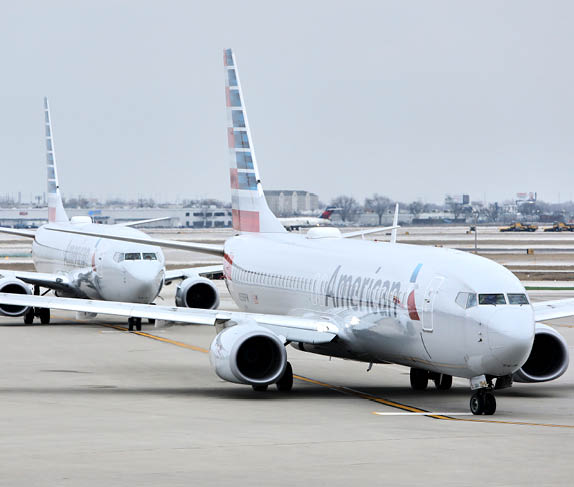The International Civil Aviation Organization (ICAO) Council adopted today the Standards and Recommended Practices (SARPs) for the Carbon Offsetting and Reduction Scheme for International Aviation (CORSIA). These rules, which will become an addition to the Annexes of the legally binding Chicago Convention on International Civil Aviation, provide important requirements for airlines and States to report the emissions of international flights, calculate the carbon reduction and offsetting obligations of individual airlines, and ensure that airlines can meet those obligations using only emissions credits and alternative fuels that ICAO determines meet a further set of detailed requirements for integrity and sustainability.
In a statement, ICAO said: “The adoption of the SARPs marks a significant step forward by ICAO in standing up CORSIA. But much work remains to be done before the end of the year to ensure that CORSIA as implemented actually delivers the anticipated environmental benefits. There are potential devils lurking in the details, and the work needs to be completed with close coordination between government representatives in the UNFCCC and in ICAO to ensure consistency between the two international agreements and prevent double-dipping with regard to carbon offsets and alternative fuel credits.
“ICAO must take unprecedented steps to establish technical advisory bodies that have broad participation, are free of conflicts of interest, and operate transparently to ensure that proposed fuels and offsets actually meet the integrity criteria.
“A potentially troubling development at the last minute involved changes to the SARPs so that airlines could in principle claim credit for fossil fuels if those emit less carbon over their lifecycle than conventional fossil fuels. This change could present a serious stumbling block for CORSIA’s overall credibility, as it remains doubtful whether such fuels could meet the stringent criteria that the public will expect from this system.”

